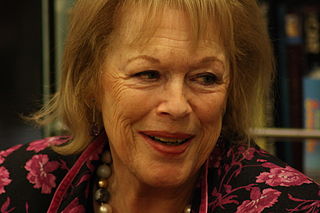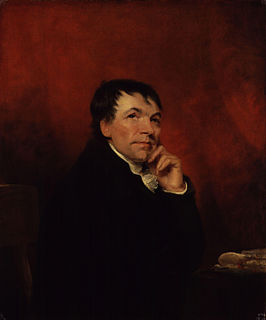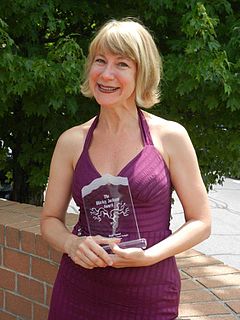A Quote by Antonia Fraser
Her imperturbable self-confidence (Duchesse de Maine) caused Madame de Stael to write that the Duchesse believed in herself the same way she believed in God, without explanation or discussion.
Quote Topics
Related Quotes
She looked out then, through the crowd, and saw Simon with the Lightwoods, looking at her across the empty space that separated them. It was the same way that Jace had looked at her at the manor. It was the one thread that bound these two boys that she loved so much, she thought, their one commonality: They both believed in her even when she didn't believe in herself.
The thing that you have to understand about those of us in the Black Muslim movement was that all of us believed 100 percent in the divinity of Elijah Muhammad. We believed in him. We actually believed that God, in Detroit by the way, that God had taught him and all of that. I always believed that he believed in himself. And I was shocked when I found out that he himself didn't believe it.
I want to be remembered as a woman who represented God but was controversial, stood by what she believed and wouldn't allow other people's opinions of her to manipulate her directions. As someone who helped others, loved others deeply even if they tried to hurt her, was there for people when she could be, and ultimately made everything she did about God and not just about herself.
Jack believed in something—he believed in white witches and sleighs pulled by wolves, and in the world the trees obscured. He believed that there were better things in the woods. He believed in palaces of ice and hearts to match. Hazel had, too. Hazel had believed in woodsmen and magic shoes and swanskins and the easy magic of a compass. She had believed that because someone needing saving they were savable. She had believed in these things, but not anymore. And this is why she had to rescue Jack, even though he might not hear what she had to tell him.
One of my mentors was Patricia Schroeder, and one night she came to me on the floor and she said to me, "Why are we sitting in Congress, when a lot of women would try to do it and couldn't? Why are we here and others aren't?" And I thought back and said it was because my father believed in me and she said the same thing, she said her father believed in her and thought she could do anything.
Come, my child," I said, trying to lead her away. "Wish good-bye to the poor hare, and come and look for blackberries." "Good-bye, poor hare!" Sylvie obediently repeated, looking over her shoulder at it as we turned away. And then, all in a moment, her self-command gave way. Pulling her hand out of mine, she ran back to where the dead hare was lying, and flung herself down at its side in such an agony of grief as I could hardly have believed possible in so young a child. "Oh, my darling, my darling!" she moaned, over and over again. "And God meant your life to be so beautiful!
My mother didn't feel sorry for herself, she was left with no child support, no alimony at a very young age, with a child to raise, a high school education and she just figured it out. She didn't complain, she didn't rely upon government, she relied upon her own skill set, her own self confidence, her own drive in moxie and her own duty to me and her and she relied upon her family and her faith.
But will I always love her? Does my love for her reside in my head or my heart? The scientist in her believed that emotion resulted from complex limbic brain circuitry that was for her, at this very moment, trapped in the trenches of a battle in which there would be no survivors. The mother in her believed that the love she hadd for her daughter was safe from the mayhem in her mind, because it lived in her heart.
































